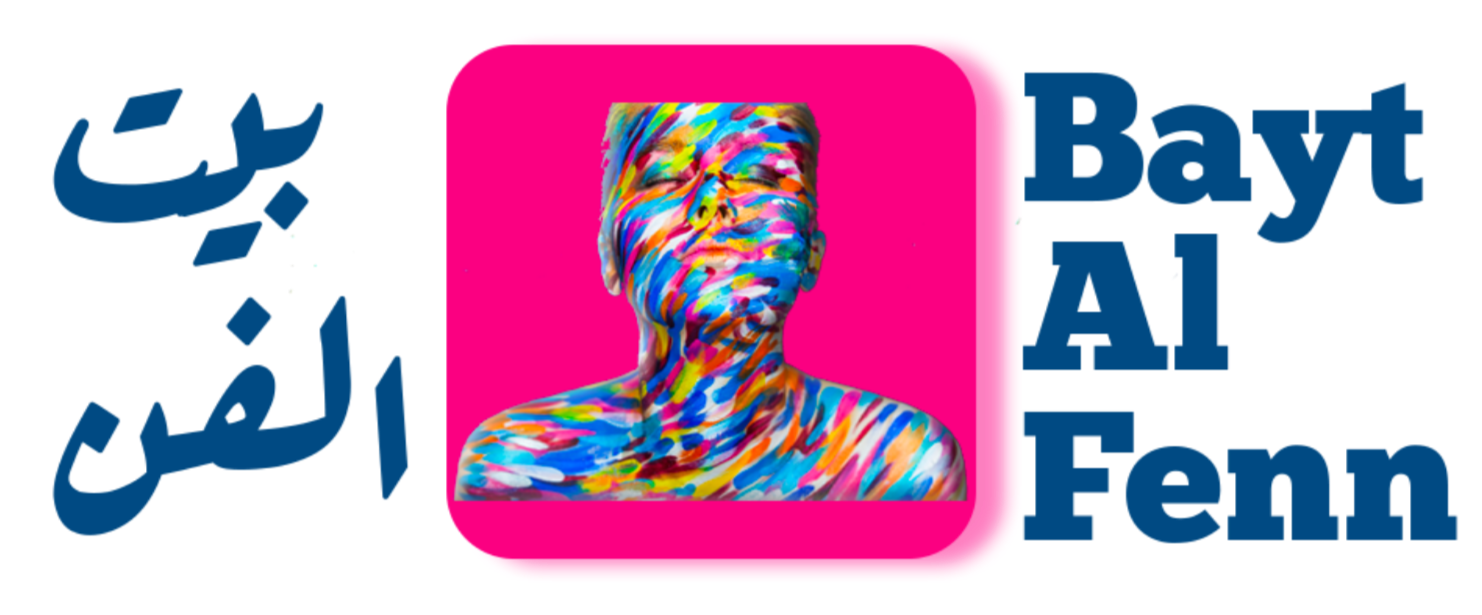3layach 39elti ?
Moroccan childhood
The World Health Organization defines childhood as the period of human life from birth to the age of adulthood, including adolescence.
Childhood represents not only an individual experience within the family but also a collective experience that embodies the values and traditions of Moroccan society.
Although childhood is a universal experience, it differs not only from one society to another but also from one family to another.
It goes without saying that each and every one of us carries with us the memories of a childhood marked by an upbringing that forges the adult we are. It’s during childhood that we learn what we value and respect, what we fear and despise, and what we desire and aspire to be.
From the models that have inspired our ambitions to taboos and prohibitions, gender differences in education, the impact of childhood on adulthood, and civic awareness.
This year, Bayt Al Fenn invites us to reflect on the question of childhood, visiting the child in all of us.
Sub-thematics :
- Hchouma: Prohibitions, Taboos, Right to speak, Opinions
- Gender inequality: Relationship to the body, Games, domestic responsibilities
- Role models: Parents, siblings, public figures
- Impact of the child on the adult: guilt, R’da, freedoms/ traditions
- Child citizenship: Awareness, Belonging
